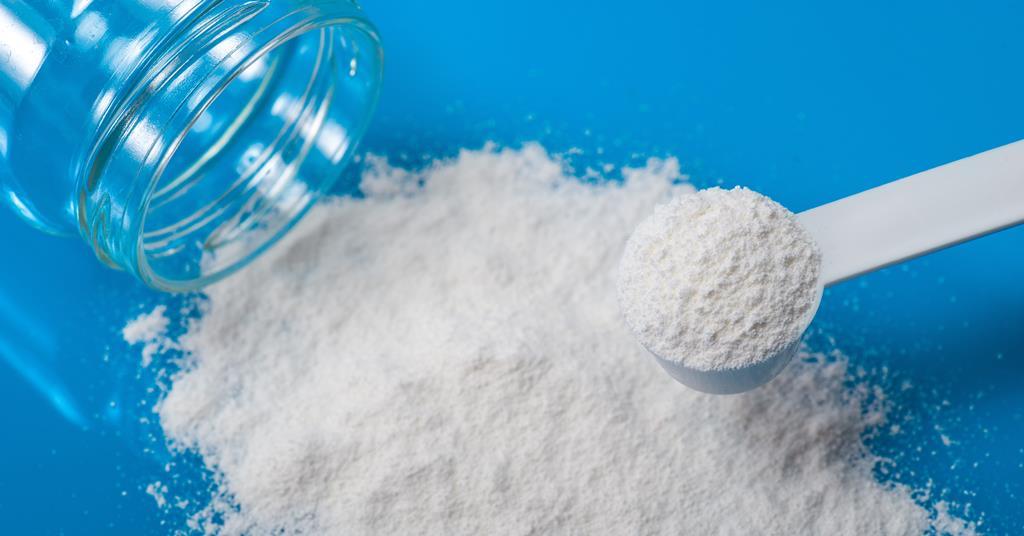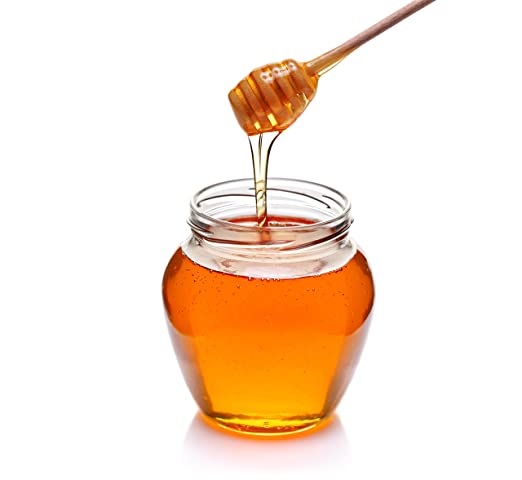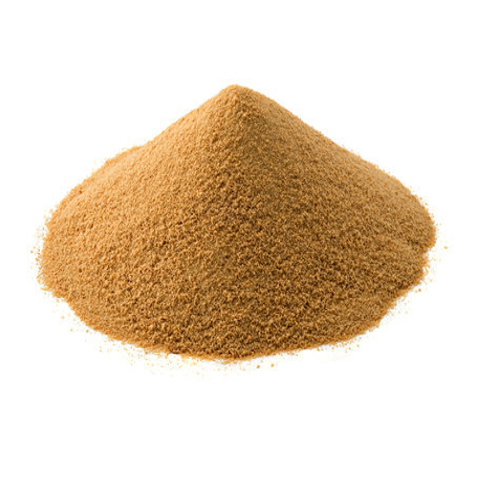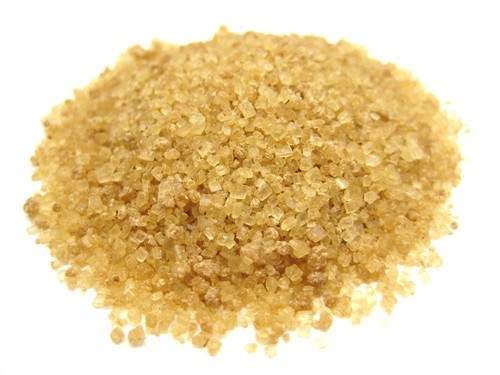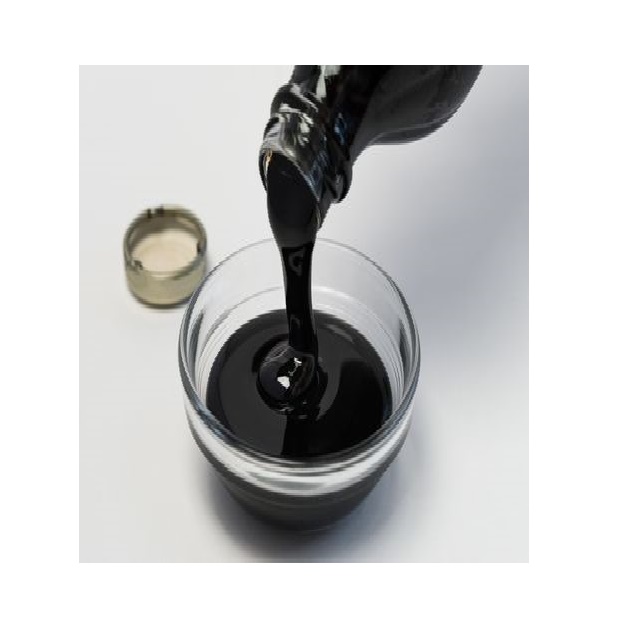Published Date January 24, 2003
Too much sugar‚ is surely a thing
By Naurin Ansari
3 min read
Last update date: August 23, 2024
All about weight gain, fatigue, blood pressure and sugar.

Sugar is a simple carbohydrate that your body uses for energy and is also considered the source of all health evils. But how much of it is harmful is the real question. According to many health organizations and medical experts, the amount of sugar intake has been the biggest public health concern.
Signs that tell you that you are eating too much sugar
- Increased hunger and weight gain:
Consumption of sugar-sweetened beverages has been linked to weight gain. Also consuming sugar makes you want to eat more sugar. - Irritability:
Eating too much sugar can be the reason if you’re feeling moody or irritable. - Low energy and fatigue:
Sugar is something that can be easily absorbed and digested and that might be the reason you are feeling fatigued. It is also a very quick energy source but no matter how much you eat, after 30 minutes you are going to be hungry again and will feel low. - Cravings for sweets:
The feel-good effect of sugar on your brain might be the reason you are craving sweets all the time. - High blood pressure:
Scientists say that high levels of glucose can damage the lining of your blood vessels which makes it easier for lipids like cholesterol to stick to the walls of blood vessels. This hardens the blood vessels causing your blood pressure to shoot. - Acne and wrinkles:
Research shows that advanced glycation end products (AGEs), which are products of excess sugar, encourage skin aging. - Sleep issues:
The sleep cycles and quality of sleep are regulated by the light and the temperature of the room, as well as glycemic control. So a diet with high sugar can cause long-term sleep issues. - Joint pain:
Consuming too much sugar might lead to systemic inflammation, which might ultimately lead to joint pain.
Why is sugar present in almost all foods?
The reasons why sugar is present in almost all foods are given below:
- Adding sugar to foods makes them more appealing
- Sugar is added because of its preservative abilities
- It serves as a bulking agent in ice creams and baked goods
- It balances the acidity level of foods containing vinegar and tomatoes
- It fuels fermentation
- It gives baked goods flavor, texture, and color
Nutrition labels and sugar
The threshold for the products being high or low in sugar is given below:
High: more than 22.5g total sugar/100g of serving
Low: 5g or less total sugar/100g of serving
Why are added sugars a problem?
As it provides extra calories and provides very little nutritional value. Eating too much sugar might lead to multiple health problems.
- Weight gain: Added sugar adds to the problem of weight gain as it is extremely calorie-dense.
- Poor nutrition: If you are choosing sugar-laden foods instead of nutritious foods then you might miss out on important nutrients, vitamins, and minerals.
- Tooth decay: Sugar promotes tooth decay as the bacteria multiplies and grows. You are more likely to get cavities if you drink or eat more foods with added sugar.
Some of the different names of added sugar
- Cane syrup
- Malt
- Maple syrup
- Molasses
- Honey
Conclusion:
Sugars, though are considered a source of energy, can have negative effects if their consumption exceeds a certain point. So it’s really important to look out for the sugar content in your meals and diet. If the amount is too high, it is paramount you control its intake.
References
- https://www.everydayhealth.com/diet-nutrition/potential-signs-youre-eating-too-much-sugar/
- https://www.mayoclinic.org/healthy-lifestyle/nutrition-and-healthy-eating/in-depth/added-sugar/art-20045328
- https://www.nhs.uk/live-well/eat-well/how-does-sugar-in-our-diet-affect-our-health/
- https://tcoyd.org/2019/11/36-hidden-names-for-added-sugar/
Keep reading

Forgetfulness is not always a disease
Alzheimer’s disease is the most familiar type of Dementia. This progressive disease usually begins with mild loss of ....
By Hetvi Shah

Is Coffee Dehydrating?
All about caffeine, Coffee and dehydration.
By Arpita Sudev
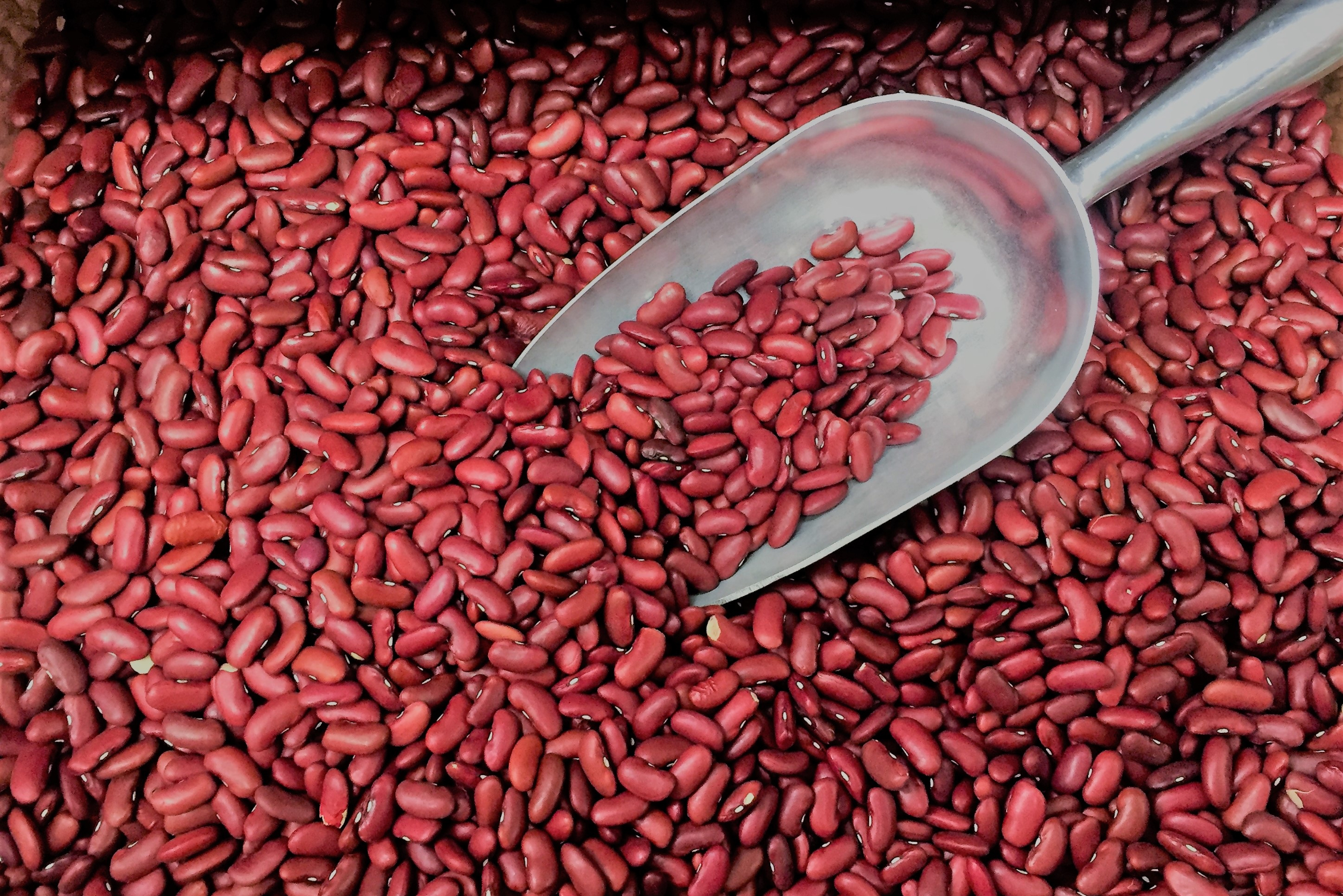
Vegetarian Protein is Underrated
All about amino acids, Oats and vegetarians protein.
By Naurin Ansari

Why is Parmesan cheese considered non-vegetarian?
The reason why parmesan is non-vegetarian is “Rennet”. Rennet comes from an organic substance that contains an enzyme called renin.
By Naurin Ansari
Related Items
Choose Healthy With Us.
Know the real truth about your food. Stay informed and healthy, for free.

Download the App Now
Certified nutritionists trust our food recommendations. Safe to say, so can you :)





